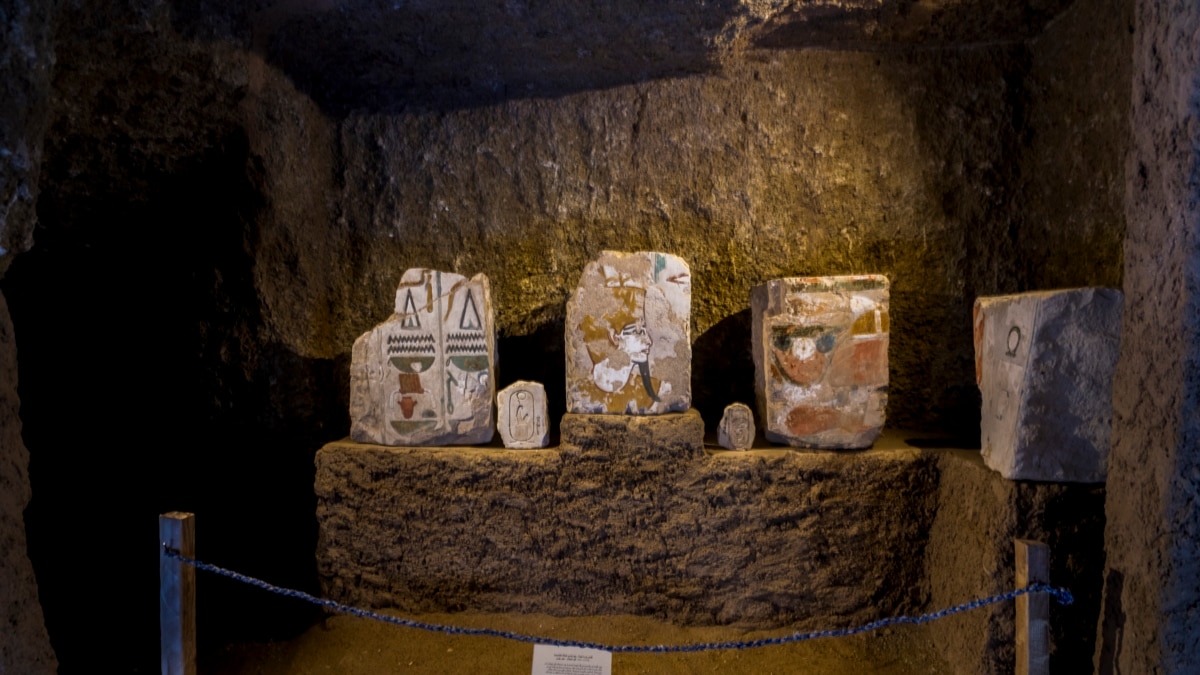BANNING journalists from naming the judge who handed Sara Sharif over to her killer dad is “bound to raise suspicions of a cover up”, a court heard today.
The decision is also “corrosive to public trust”, and judges “must expect their decisions and decision-making to be the subject of public scrutiny”, it was told.
It came as The Sun and other media outlets fought to appeal an order from last month which kept three family court judges involved with Sara Sharif anonymous.
Two, who were involved in earlier proceedings and are now retired, opposed the appeal while the third, who gave Sara to her dad in 2019, stayed neutral.
Mr Justice Williams claimed in his ruling last month that naming individuals would be like “holding the lookout on the Titanic responsible for its sinking”.
He also said it would risk a social media “lynch mob” and that some media outlets “will not” report it “fairly and accurately”.
Adam Wolanski KC, for the press, slammed the Titanic analogy as being “bizarre and wrong”.
He said in written submissions: “Judges are the face of justice itself.
[…] The judiciary is one of the main repositories of state power.
“Because of their role as dispensers of justice, judges must expect their decisions and their decision making to be the subject of public scrutiny, including scrutiny which involves ‘vigorous’ and ‘trenchant’ criticism.”
And he said at the Court of Appeal: “The judge is sitting in a public function. It makes no difference if a judge is sitting in a family court or any other court
“Even in courts dealing with the most sensitive matters dealing with national security matters, judges are identified.”
He continued: “Judges are expected to be robust. […] Even intolerable invasions of privacy do not warrant a policy of anonymity.”
Chris Barnes, representing two freelance journalists, suggested the order was made with a “thin-skinned and prickly” approach, rather than “judicial fortitude”.
He also said Mr Justice Williams had a “leadership position and pastoral role” for the judge and questioned whether he should have made the ruling.
And he said in written submissions: “Judges, very frequently, sit on controversial cases, and that, notwithstanding this reality, anonymity for a Judge is not something which has any domestic precedent, indeed, it runs contrary to all established norms.
“Judges sit in cases concerning terrorism, national security, and organised crime without being granted anonymity, and with (presumably) necessary measures taken to properly ensure their safety, and security.
“To seek anonymity for Judges, save where (truly) exceptionally justified, is likely to have a corrosive impact on public confidence in the judiciary and the wider Justice System.”
He added that the order “represents a return to the comfort blanket of anonymity in which true accountability is lost”.
Sara Sharif’s dad Urfan and step-mum Beinash Batool were last month found guilty of her murder after inflicting a campaign of cruelty on the ten-year-old girl for years.
Documents released after the murder trial revealed that Sara’s dad had been subject to allegations of abuse for years. In 2019 a family court judge ruled that Sara should live with her dad and evil step-mum Beinash Batool.
Read more on the Scottish Sun
Urfan Sharif opposed the appeal, with his lawyers writing in submissions: “Mr Sharif is concerned that no harm should come to the judge(s) who presided in the historic proceedings.”
The appeal continues tomorrow.








